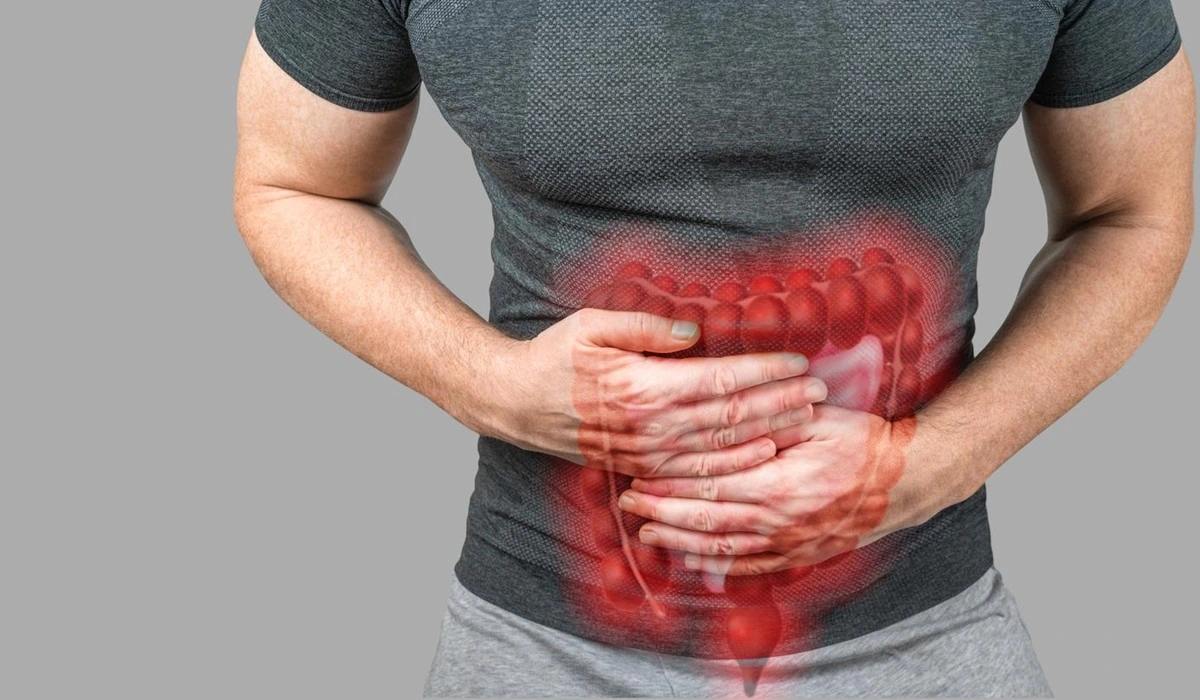
Introduction
Gastrointestinal Bleeding (GI bleed) is also known as gastrointestinal haemorrhage or GIB. Gastrointestinal bleeding is any kind of bleeding in the gastrointestinal tract, the region between the mouth and the rectum.
Gastrointestinal Bleeding can lead to shock or anaemia and, in some cases, even cause death if not diagnosed and treated at the right time.
Request an Appointment at Smiles
What is Gastrointestinal Bleeding?
GI Bleeding causes the stool to appear tarry or even blackish. Gastrointestinal Bleeding can be life-threatening, depending on the amount of blood loss. You should immediately seek medical attention if you vomit blood or see blood in your stool.
To prevent the occurrence of Gastrointestinal Bleeding, you should quit smoking and avoid alcohol consumption. You should also avoid overconsumption of nonsteroidal anti-inflammatory medicines.
What are the Causes of Gastrointestinal Bleeding?
- ● Upper GI Bleeding causes
- A peptic ulcer is the most common cause of upper GI bleeding. Excessive stomach acids produced by bacteria or anti-inflammatory drugs damage the stomach’s lining and the small intestine’s upper portion. The damage leads to the formation of sores which can bleed if not treated on time.
- Excessive alcohol consumption can lead to a rupture in the lining of the tube, connecting the throat and the stomach. This condition is known as Mallory-Weiss tears and leads to upper GI Bleeding.
- Esophagitis caused by gastroesophageal reflux disease or GERD can cause gastrointestinal bleeding.
- Another condition leading to upper GI bleeding is oesophagal varices caused by serious liver problems such as cirrhosis of the liver.
- ● Lower GI Bleeding causes
- At times, small pouches may develop in the digestive tract, which can become infected or inflamed, leading to diverticular disease. Diverticular disease can lead to lower Gastrointestinal Bleeding.
- Ulcerative colitis causes sores and inflammation in the colon, rectum and lining of your digestive tract. These sores can cause bleeding if not diagnosed.
- Malignant or benign tumours in the stomach, colon, oesophagus, and rectum can damage the digestive tract’s lining and cause gastrointestinal bleeding.
- Small ruptures called anal fissures can lead to bleeding from the lining of the anus.
- Haemorrhoids, which are abnormally swollen veins in your anus or lower rectum, can cause lower GI Bleeding.
- Colon polyps (a small collection of cells) may damage your colon’s lining and cause bleeding. Colon polyps are mostly harmless, but they can turn cancerous if not removed on time.
- Proctitis or damage to the lining of the rectum can also cause lower GI bleeding and inflammation.
What are the Symptoms of Gastrointestinal Bleeding?
- Bloody vomit
- Black or tarry stools
- Abdominal cramps
- Stool with traces of blood
- Dizziness
- Extreme fatigue
- Paleness
- Shortness of breath
- Vomit which might look like coffee grounds
- Weakness and lethargy
Acute Gastrointestinal Bleeding may cause you to go into shock. Such situations require immediate medical attention. The symptoms of shock are:
- Blood pressure drops
- Pulse rate increases
- Urination lessens or stops
- Unconsciousness
How is Gastrointestinal Bleeding Diagnosed?
- ● Stool test: A stool test will confirm if there are traces of blood and the cause of bleeding.
- ● Blood tests: your doctor will advise a platelet count, a complete blood count and a liver function test to determine what’s causing your gastrointestinal bleeding and the amount of blood you have lost. A complete blood count will also help decide whether you are suffering from anaemia (from blood loss).
- ● Upper endoscopy: Your doctor will examine your upper gastrointestinal by passing a long tube (endoscope) through your mouth with an attached camera.
- ● Colonoscopy: The doctor will examine your rectum and large intestine by passing a tube with an attached camera through your rectum.
- ● Nasogastric lavage: In this procedure, all the stomach contents are removed by passing a tube through the nose to determine the actual cause of gastrointestinal bleeding.
- ● Flexible sigmoidoscopy: The doctor checks the rectum and the end of the large intestine by placing a tube fitted with a camera and light in the rectum.
- ● Angiography: An angiography may be conducted to check if there are any bleeding blood vessels.
How is Gastrointestinal Bleeding Treated?
- ● Doctors can treat the bleeding site during an endoscopy, a flexible sigmoidoscopy, a laparotomy or colonoscopy. They might also inject medicines, use a heat probe, laser or electric current to stop the bleeding or use a clip or band to close the bleeding blood vessels.
- ● Potent medicines to heal gastrointestinal bleeding may also be prescribed.
- ● If the bleeding becomes severe and life-threatening, and neither medicines nor other treatment options have worked, surgery might be your last resort. Depending on your condition, either a laparoscopy or a laparotomy may be performed to stop your GI Bleeding.
What is the Results of Gastrointestinal Bleeding Treatment?
Blood loss is controlled through IV fluids and blood transfusions. The prognosis of gastrointestinal bleeding depends on the amount of blood loss and the cause of the bleeding.
What are the Risk Associated with Gastrointestinal Bleeding Treatments?
Request an Appointment at Smiles
FAQ's
What are the Complications Associated with Gastrointestinal Bleeding?
Is a GI Bleed an Emergency?
What is the most Common Cause of Lower Gastrointestinal Bleeding?
How do I know if I am Bleeding Internally?
Can GI Bleeding be Cured?
Need Help?
For any Information about our Locations, Doctors or Treatments.
